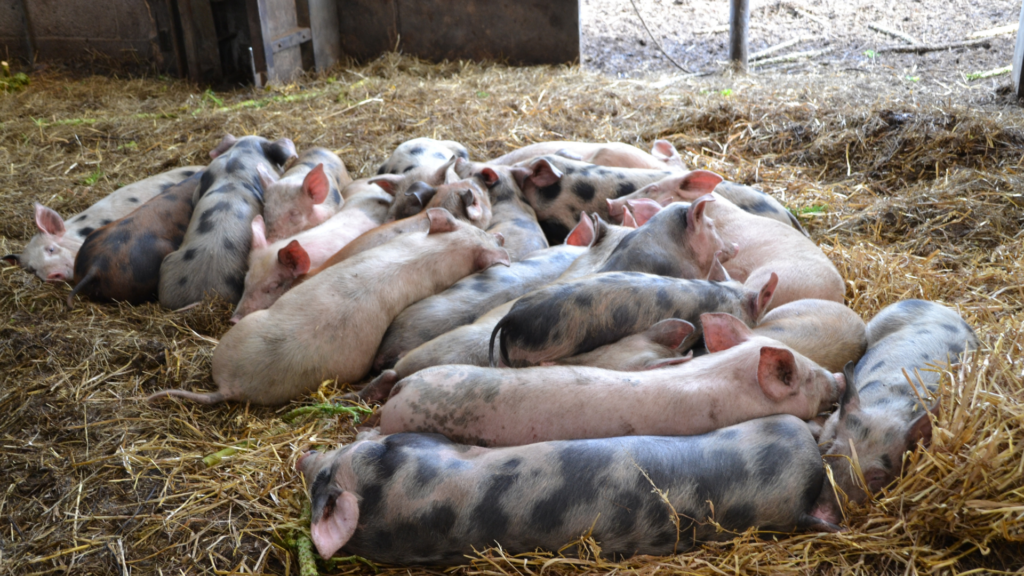We partner with Low- and Middle-Income Countries (LMICs) to co-create, co-develop and fund projects that support the mitigation of Antimicrobial Resistance (AMR), in line with countries National Action Plans. We provide technical expertise and financial support to develop evidence-based, context-specific and cost-effective solutions to AMR that span human health, animal health, agricultural and environmental sectors. To ensure sustainability and local-ownership we engage with a wide range of in-country stakeholders such as policymakers, researchers, healthcare professionals, veterinarians, civil society organisations, and the private sector.
Eligibility Criteria
Countries requesting support from ICARS are equal partners and collaborators on ICARS projects. To enable active participation now and in the future, when appropriate, financial support is provided to support in-country capacity and capability building. Any LMIC on the DAC (OECD Development Assistance Committee) list of ODA recipients is eligible to apply for a funded partnership with ICARS if they provide strong government commitment to addressing AMR.
When considering activities and engagement, ICARS will take into account:
- Political, policy and technical engagement at all levels including willingness to adopt and sustain the identified solutions
- Evidence from the government that they wish to address antimicrobial resistance through a One Health approach
- Existing human resources and research infrastructure to co-execute the research projects
- Alignment with other global and national initiatives
Application & co-development process
See below the framework for ICARS’ projects and the associated guidelines and templates corresponding to each phase of the application process and project development.
Countries interested in co-developing a project with ICARS should as a first step submit an Expression of Interest (EoI) through their relevant ministries. That same ministry will be responsible for the development and implementation as well as the further uptake of the solutions identified as part of the project, being part of the process every step of the way, with support from ICARS.
The deadlines for submitting EoIs are 15th February, June and October. Within four weeks of receiving the EoI, ICARS provides written feedback and arranges a feedback meeting.
After approval of the EoI and discussions with ICARS, the Responsible Ministry and ICARS initiate the co-development of the Concept Note, which is a more detailed description of the research project idea.
A Lead Research Institution and a Project Coordinator are assigned to the project by the Responsible Ministry. Other relevant national research institutions/universities and stakeholders should also be involved at this stage.
ICARS’ Executive Management will assess the Concept Note upon submission by the Responsible Ministry.
At this stage, ICARS and the Repsonsible Ministry (or ministries) sign Memorandum of Understanding, expressing their commitment to work together on one or more implementation projects to tackle antimicrobial resistance.
After the Concept Note is approved and the MoU has been signed, the next step is to co-develop a Project Proposal, which is a detailed description of all aspects of the research project.
Following submission by the Responsible Ministry to ICARS, ICARS’ Technical Advisory Forum (TAF) will conduct a scientific evaluation of the proposal.
After receiving feedback from ICARS and the TAF, the Responsible Ministry and partners will revise and submit an amended proposal with advice from ICARS.
If the Project Proposal is approved by ICARS’ Executive Management, it will be presented to the ICARS Steering Committee for final approval and allocation of the grant.
Following the approval of the Project Proposal the next step is for the Responsible Ministry and partners to implement the project with advise from ICARS.
During project implementation the Responsible Ministry and partners must ensure adherence to ICARS’ guidelines and policies. This also entails to enter into a Partnership Agreement within the first half year of the research project.
Examples of Expression of Interest
You are welcome to view four examples of the Expression of Interest document to help you through your application process.
Project Implementation
Following the approval of the Project Proposal the responsible ministry and partners lead the implementation of the project with advice from ICARS.
During project implementation the responsible ministry and partners must ensure adherence to ICARS’ guidelines and policies. This includes entering into a Partnership Agreement within the first half year of the research project.
Documents:

Featured projects
Here is a selection of the ICARS projects currently being implemented in LMICs.





